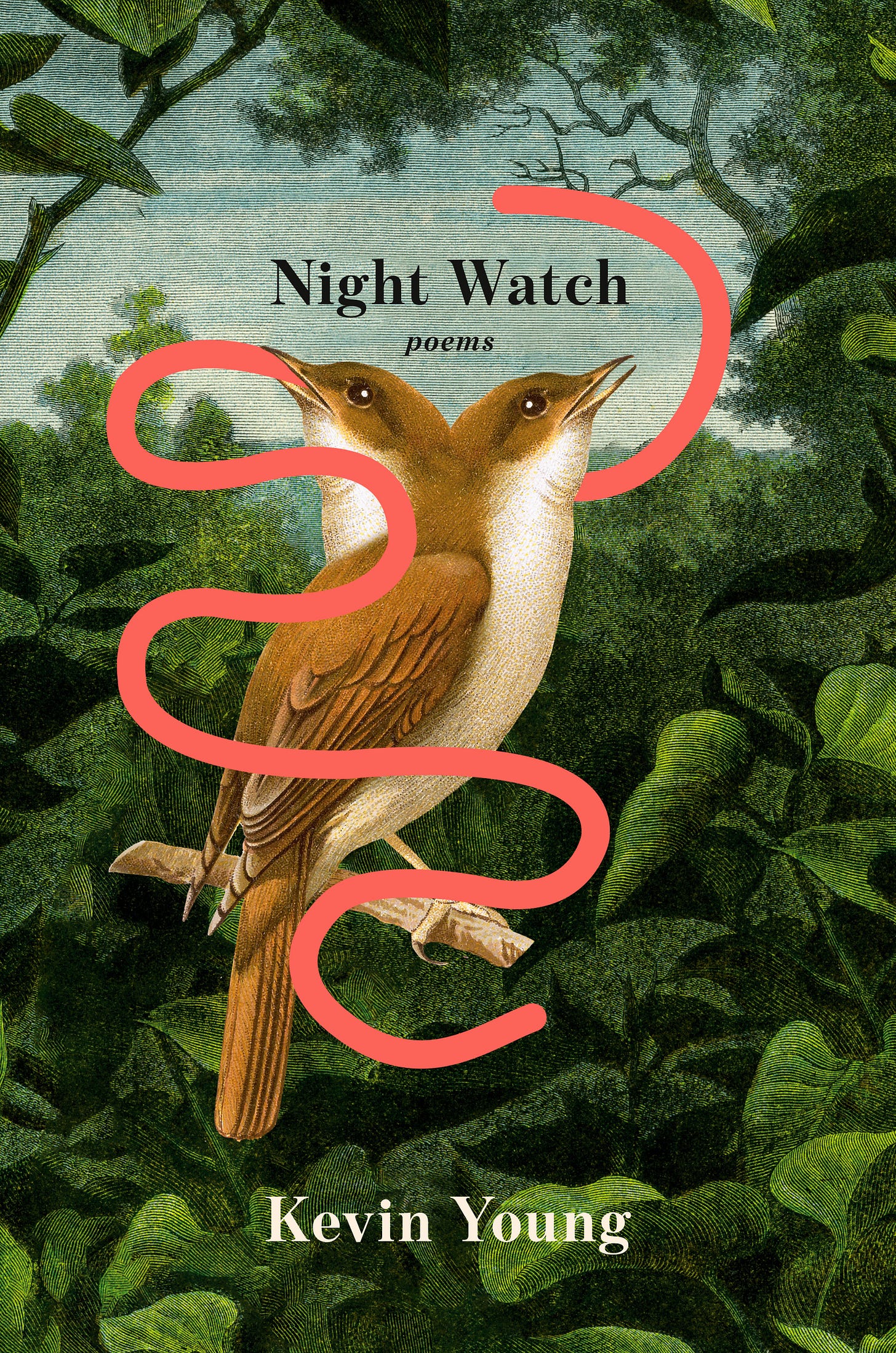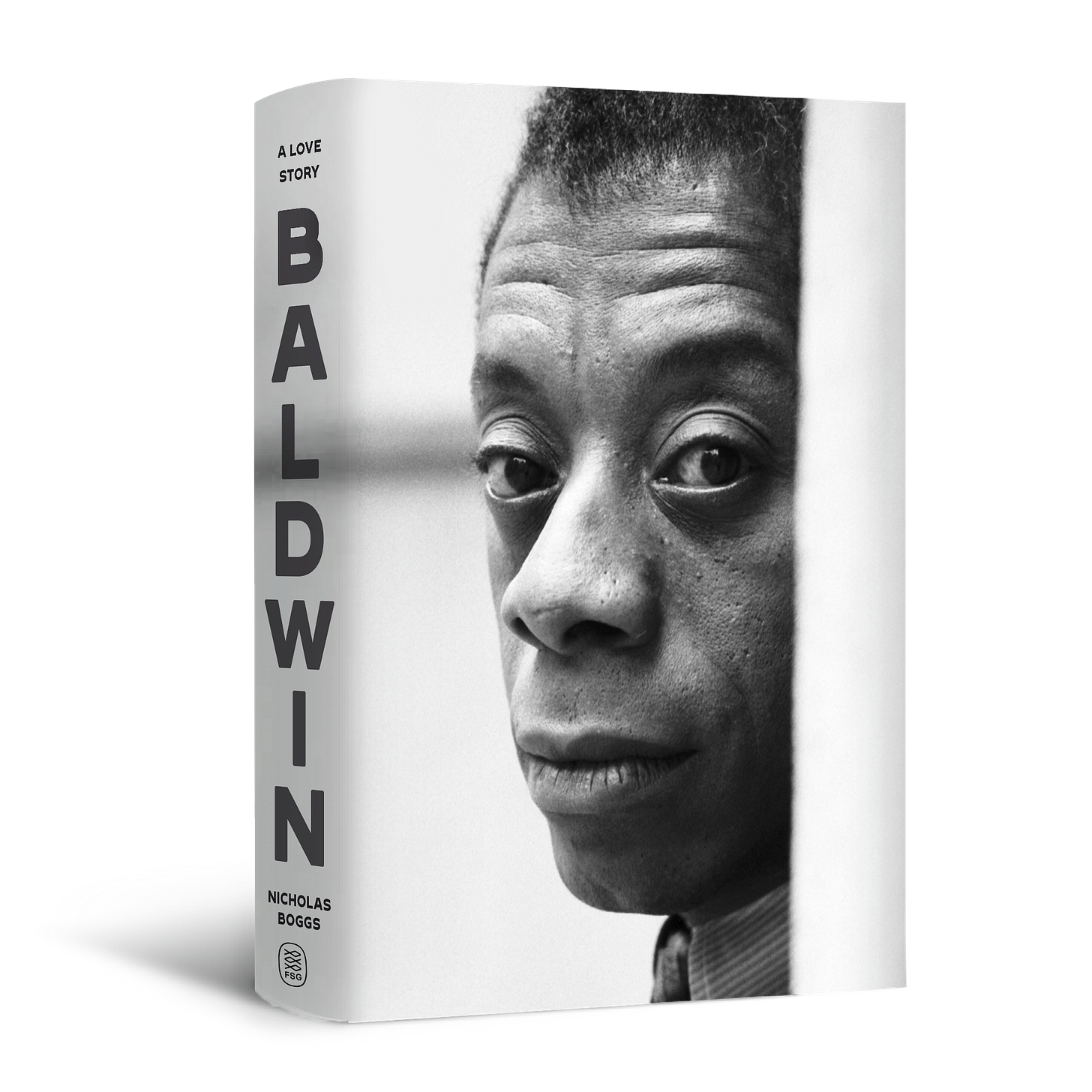The poet as historian
How Kevin Young's "Night Watch" reveals the past through verse
Poet Kevin Young’s Night Watch, the Ink Book Club’s September selection, is divided into four cycles; the first, “The Cormorant,” consists of a single poem. The second cycle, in four sections, is “The Two-Headed Nightingale,” the title taken from one of the stage names of the Carolina Twins, conjoined sisters Millie and Christine McCoy. Young has long seen it as his mission not simply to write poetry that is stunning for its imagery and musicality, but to mine history to retrieve the voices of the silenced — including those of the sisters.
The McCoy twins were born into slavery in North Carolina in 1851, and at the age of two were kidnapped from their family and then exhibited at a series of fairs and exhibitions, including those staged by P.T. Barnum. They eventually became famous as performers, even while, as Young writes in the collection’s acknowledgments, they were frequently “subjected to invasive and abusive examinations by self-appointed doctors” who saw them as a medical curiosity.
After the Civil War ended, their parents successfully sued through the Freedmen’s Bureau for their daughters’ return. They went on to perform to acclaim throughout Europe and America, including before Queen Victoria. Eventually, they moved back home to Whiteville, North Carolina, with their family. There is an exhibit devoted to them in the Smithsonian’s Museum of African American History and Culture, where Young was director until April of this year.
What’s striking about “The Two-Headed Nightingale” is that it pairs the disturbing. objectifying prying by the doctors with tender imaginings of the twins’ interior lives, and what they must have felt at being so cruelly wrested from their family:
Sometime before
the War
we were stoleIt was New Orleans—
The loud harbor
Congo Square
Like the sea we were stolelike a gnarled
cut-down tree—yoked
driven northIt was years before
I were brought home
The twins published a memoir, and in it spoke of their unique relationship: “Although we speak of ourselves in the plural, we feel as but one person. We would not wish to be severed even if science could effect a separation. We have but one heart, one feeling in common, one desire, one purpose.” Young has translated that bond into the language of poetry:
It is the after
both of me
is afterNo grave
wide enough
to hold us—
or deep—I who held
each otheralive
entwined—Us
is whatwe wrest
from the dust.
This Wednesday, September 17, at 12:30 p.m. Eastern, we bring you a special conversation with Nicholas Boggs about his monumental biography of the iconic novelist, essayist, playwright, and activist James Baldwin, Baldwin: A Love Story. Zadie Smith writes of the volume that Boggs “considers James Baldwin through the prism of love, placing four beloved men at the center of his writing, his activism, his political consciousness, his philosophy, and his life.” We’ll discuss Baldwin’s legacy and why his life and work remain so crucial, one hundred years after his birth.







